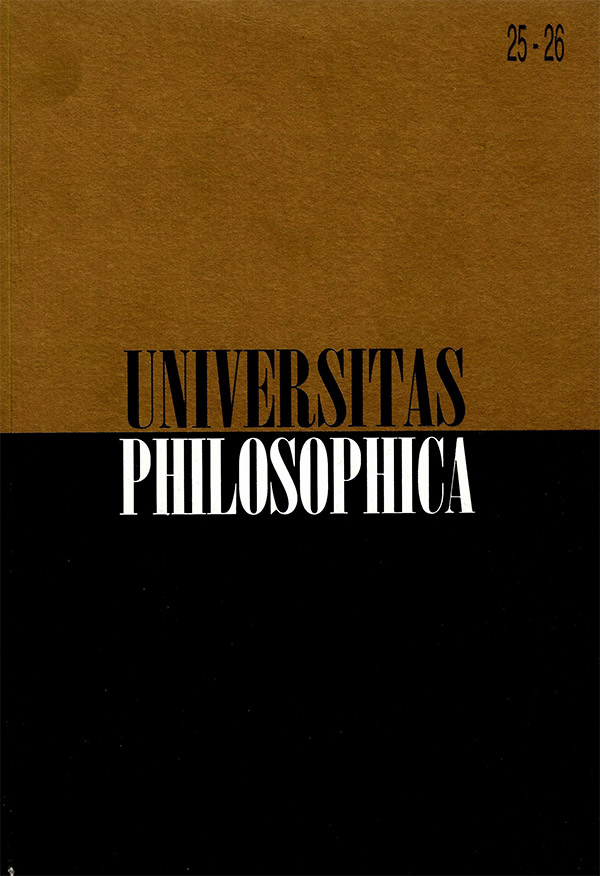Abstract
This article is part of a more complex research on human rights, a subject treated in contemporary ethical discussions concerning problems such as the quality of life with others within the context of institutions belonging to a law-abiding State. The first part of this study considers some preliminarymatters relative to "human dignity": the problems presentad by the concept itself, the distinction between juridical and anthropological factors, and a previous systematization indicating how the terms will be used. The second section carries out analysis of Kant's position, considered a classic in its approach to human rights and dignity, a central question in all Hegelian discussion. Finally, Hegel's position is considered, nor from the viewpoint of what he calls "abstract law", but from the viewpoint of the development of the citizens' life with a law-abiding State.
This journal is registered under a Creative Commons Attribution 4.0 International Public License. Thus, this work may be reproduced, distributed, and publicly shared in digital format, as long as the names of the authors and Pontificia Universidad Javeriana are acknowledged. Others are allowed to quote, adapt, transform, auto-archive, republish, and create based on this material, for any purpose (even commercial ones), provided the authorship is duly acknowledged, a link to the original work is provided, and it is specified if changes have been made. Pontificia Universidad Javeriana does not hold the rights of published works and the authors are solely responsible for the contents of their works; they keep the moral, intellectual, privacy, and publicity rights.
Approving the intervention of the work (review, copy-editing, translation, layout) and the following outreach, are granted through an use license and not through an assignment of rights. This means the journal and Pontificia Universidad Javeriana cannot be held responsible for any ethical malpractice by the authors. As a consequence of the protection granted by the use license, the journal is not required to publish recantations or modify information already published, unless the errata stems from the editorial management process. Publishing contents in this journal does not generate royalties for contributors.


